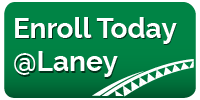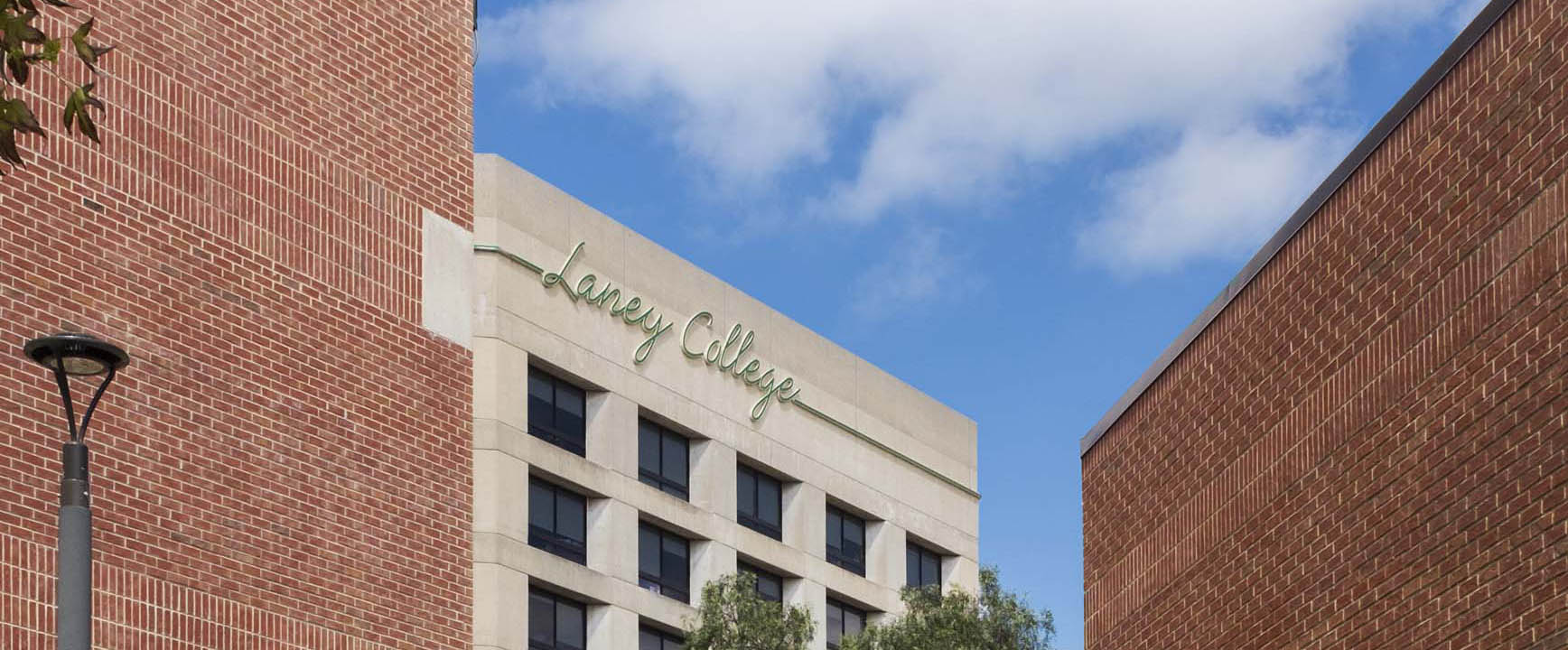Have you thought about what you’d say if you needed to quickly give someone an idea what assessment is all about? Here are some thoughts from LAC members and Assessment Coordinators past and present:
Elizabeth Cowan
The knowledge and skills we are fostering in our students in this department will have a powerful impact on their level of success in countless courses they complete here at Laney, and elsewhere should they transfer. This is to say nothing of the meaningful effect improved reading and writing skills can have on their careers and lives as citizens. The student learning outcomes in our courses and programs are very often not “English” Skills, they are Academic Skills, and our students will be called upon to demonstrate mastery again and again in courses where possession of these skills will be expected and assumed but not explicitly taught. We are all consistently, efficiently, and accurately assessing how our individual students are doing in our courses – and our students need and desire that information. What adding a greater focus to SLOs means, though, is that we also consistently, efficiently, and accurately assessing how well we are preparing our students not only to succeed in our course, but how well we are preparing them to succeed as college students more broadly. How well we are setting them up for success after they leave not only our classroom, but our department. And this kind of assessment, whether focused on course outcomes (SLOs), program outcomes (PLOs), or college outcomes (ILOs), differs from much of the assessment we already all do so thoughtfully because it is not about evaluating individual performance – our most immediate goal when we’re grading student work – but about aggregating data that can provide the kinds of broader insights that help us refine our curriculum, create new approaches to teaching essential material, collaborate on newly articulated best practices, and, ultimately, ensure greater success of all students across our campus, which is ultimately what drives and fulfills us as educators.
Rebecca Bailey
- As educators, we want to know: Are students learning what we are trying to teach? What are the learning gaps and how can learning be improved? The assessment process seeks to answer those questions
- Learning outcomes describe the knowledge, skills, abilities or attitudes a student should be able to demonstrate by the end of a course, program, or their time attending an educational institution (this breaks down to SLOs, PLOs, and ILOs)
- Assessment of learning outcomes at the course, program, and institutional levels is an important, data-driven way of determining how well students learn under the current curriculum and institutional processes
- Analysis, implementation of action plans, and reflection allow us to continuously improve curriculum and institutional processes for the benefit of students
- All faculty/staff/administrators are responsible for doing the work of assessment



